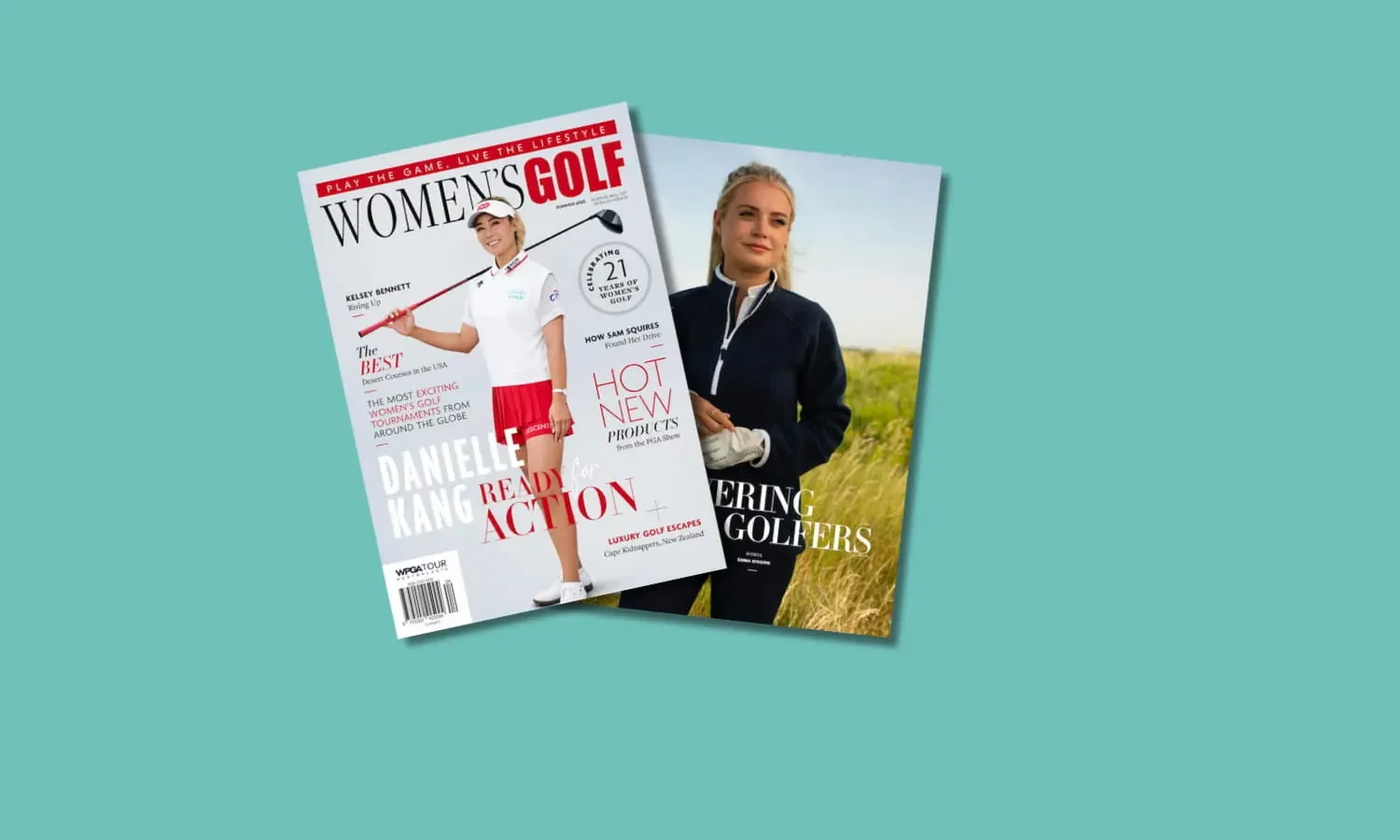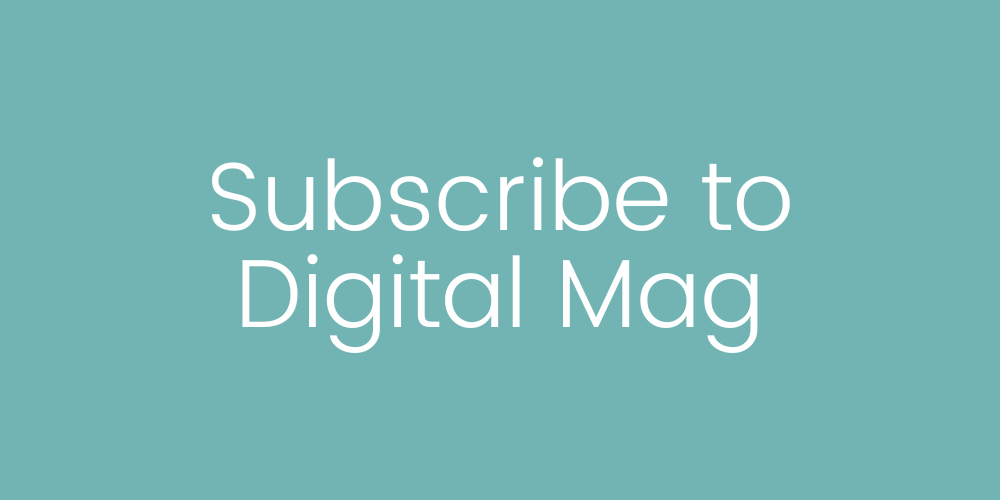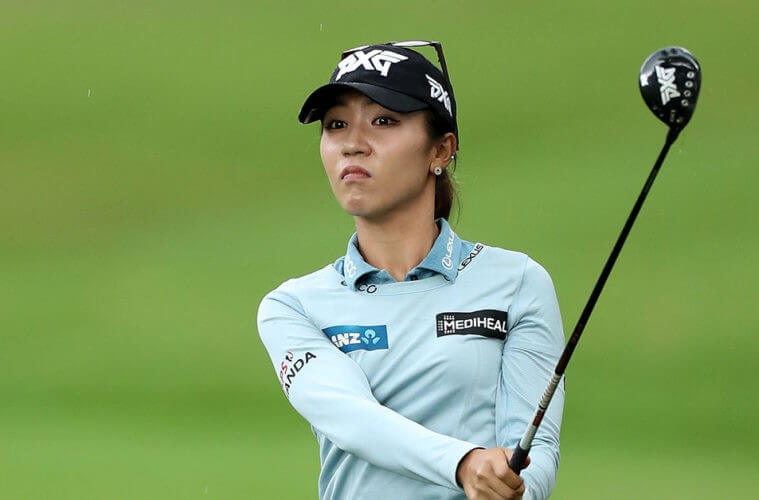CATEGORIES
- Latest News
- Interviews
- Golf Travel
- Features
- Juniors
- Competition
- Events
- Health
- Equipment
- Fashion
- Archive
INFORMATION
CURRENT ISSUE

SUBSCRIPTIONS



Ladies Golf Magazine was curious about the behind-the-scenes aspects of managing a pro golfer’s career and sought out Mr. Jay Burton -
Senior Vice President of Golf Clients at WME Agency via sports agency powerhouse IMG. Jay revealed some excellent insights into his role as
an athlete agent and which key things emerging golf talents should be considering when seeking representation.
Q. Jay, what inspired you to delve into athlete management as a career?
Everyone’s path to becoming a sports agent is different. Personally, there was nothing that motivated me into pursuing athlete management.
In many ways, the business of representing professional golfers was still in its’ beginning stages. I was actually hired by IMG in early
1984 as a financial planner for our golf clients (men and women). After two years of doing that, out of seemingly nowhere, the head of our
Golf Division at the time asked me if I’d like to transition out of finance and move into the agent side of the business, focusing solely
on women’s golf client management. At the time, I felt it was a risky career move, as I had zero experience in being an agent. I was
comfortable handling their taxes, investments, insurance and banking needs, but didn’t have any experience in marketing our clients to
companies for sponsorship not to mention negotiating the deals once a potential sponsor was found. I told myself that I would give it 6
months, as I knew I could always go back to finance if things didn’t work out. That was 35 years ago! So I guess one could say things
apparently seemed to work out!
Q. Who was the first female golfer you represented & who is under your management currently?
When I transitioned from finance over to becoming an agent, I inherited quite a few clients (Jan Stephenson, Betsy King, Laura Baugh to
name a few). Some of the players I had already known (as their financial advisor), but most were completely new to me. While all of the
players I was assigned to have long retired from LPGA Tour competition, one of the first players I did have a hand in recruiting back in
1987 is Dame Laura Davies, who is still a client, still plays a full schedule and is one of the most wonderful women on this planet!
Q. Do you scout junior events and/or pro ams regularly for emerging golf talent?
Absolutely! College results/USGA amateur results/AJGA results/Women’s Amateur rankings. We look at all of these (and more) on a regular
basis. The pipeline for the future is on the back pages of the magazine, not who won last week. As an example, I first heard of Paula
Creamer when I started to notice that she was winning so many junior events (she was 14-15 years old) often by a dozen shots! Needless to
say, it didn’t take long to arrange a meeting in her parents living room! She signed a few years later upon turning professional in late
2004.
Q. What’s the age of the youngest female golfer you have signed?
While we’ve signed a fair share of players over the years who have turned pro at an early age, I think Lydia Ko is the youngest. She was 16
when we started representing her.
Q. Asides from being a talented golfer with strong comp results, what other traits make an athlete stand out to you?
People often refer to athletes having the “it” factor. A player who has a great personality, is a favourite choice to play with at pro-ams,
handles the media with class, acknowledges and gives back to the game, has the desire to be philanthropic, has a strong fan base, etc.
While on course performance potential is certainly a (if not “the”) critical factor in players we seek to represent, we also closely look
at these other intangible qualities as well.
Q. Please share a few of your most memorable career highlights with our readers.
Really too many to share in this short article, but let’s just say I feel quite fortunate and blessed to have had a ringside seat to so
many experiences over so many years, and it’s not even close to being over yet!
Q. Have you ever discovered new talent via social media?
No. But once we’ve identified a potential new recruit, we do start following them on social media, but I would consider social media to be a
simple add-on.
Q. How important is brand loyalty to a sponsored golfer? Is it all about the money or do personal ethics play a role? Example; do
players consider their genuine preference for equipment and/or products that they are willing / want to represent?
I learned long ago that a player/sponsor relationship needs to be a good fit, if you expect it to last for any length of time. There has
been many a time when we’ve rejected offers simply because they didn’t make sense. The money might have been good (even great!), but it’s
not all about the money. You build the right foundation between a company and the athlete; the money takes care of itself!
Q. What does and average day at work entail for you?
I really can’t tell you the average day, for like snowflakes, no two are alike. Usually in the morning, I make a list of things I would
hope to accomplish. Then as I look back at the end of each day, I’m amazed at how many things I ended up doing that weren’t on my morning
list. Dealing with unforeseen client matters, media and sponsor requests, recruiting calls, internal meetings with my teammates (other IMG
agents as well as our business development group), the list is actually quite endless. I think most anyone in this crazy unscripted world
of sports would probably say the same thing.
Q. Can you share any insights re: players that IMG Sports are watching closely to potentially sign in 2021?
I could do that, but I’d prefer not to show my playbook to the competition!
Q. Is it your role to train athletes in media communications (e.g. how to conduct themselves in a press interview) or is that task
outsourced?
Actually, the LPGA Tour does a very good job working with players in this area. On occasion, we have had clients work media training
specialists, but it’s been rare. That said, we do have an internal comms team that does get involved when requested in helping players as
needed.
Q. Is part of your job to offer emotional support to your athletes? I’d imagine that the high and lows of a competitive golfing
career could sometimes take their toll personally.
Golf (unlike team sports) can often be a lonely world. No team dinners / team meetings / team planes to catch etc. People often ask me what
educational degree they need to have to get into this part of the business. An MBA? A law degree? A sports marketing degree? My answer
(half kidding, but actually serious for the most part)? A PhD in psychology! I certainly don’t have that but being there as a listening ear
for as long as I have, I think I’ve earned my PhD through practice.
Q. Please share any insider advice for golfing youngsters looking to make a successful career in the sport?
The answer to that question is really more appropriate coming from a professional golfer. What I hear them tell youngsters is: keep the
sport fun, don’t put too much pressure on yourself, work hard and make sacrifices, but not if it means not enjoying the other great things
in life! I also hear them telling the parents: be supportive of your son / daughter, but don’t be overbearing.
Q. What event on the 2021 LPGA Tour Event are most looking forward to watching?
Again, I’ve had the good fortune to attend so many events all over the world on the LPGA Tour for so many years. That said, there’s
something about the US Women’s Open that makes it hard for me to not to watch every round start to finish, whether I’m on site (I’ve only
missed 2 USWO since 1984) or on television. I plan to be at The Olympic Club in June for this year’s US Women’s Open.
Q. Final question, what are the 1st steps one should take if they are seeking to become a sports agent?
It’s a difficult industry to crack into, so honestly, one needs to hopefully be in the right place at the right time. Quite a number of the
people we’ve hired over the years were interns with us. Some were unpaid interns even after graduating from college. I like to think of
these internships as a really long job interview! I would rather hire someone I’ve seen in action for 3-4 months over someone whom (while
they may look great on paper) I’ve met with for a 30 minute interview.
Image source: Lydia Ko - GETTY